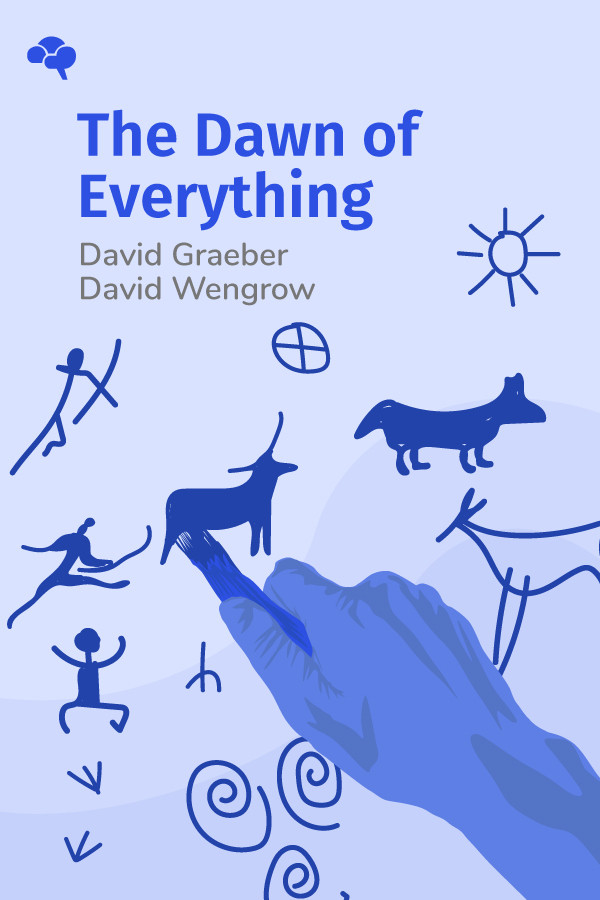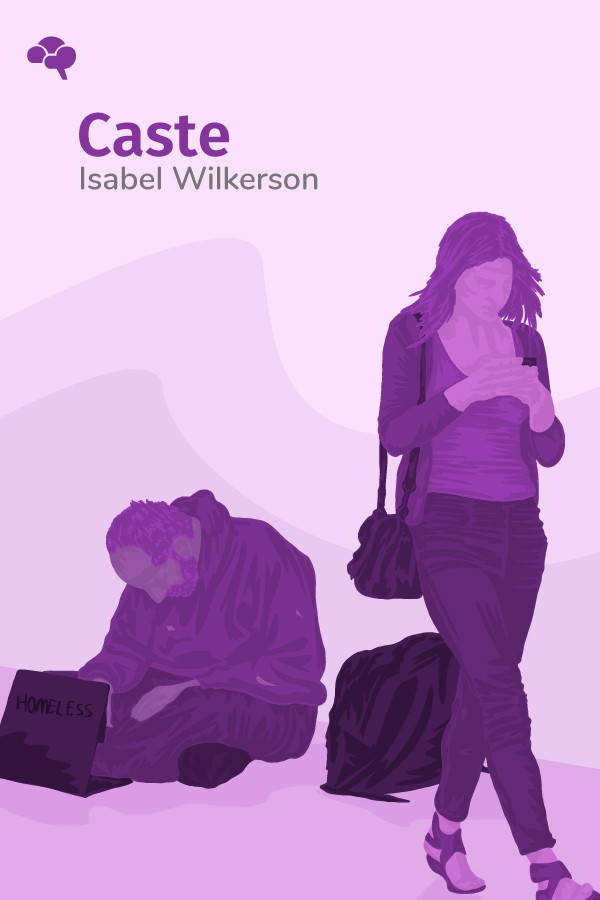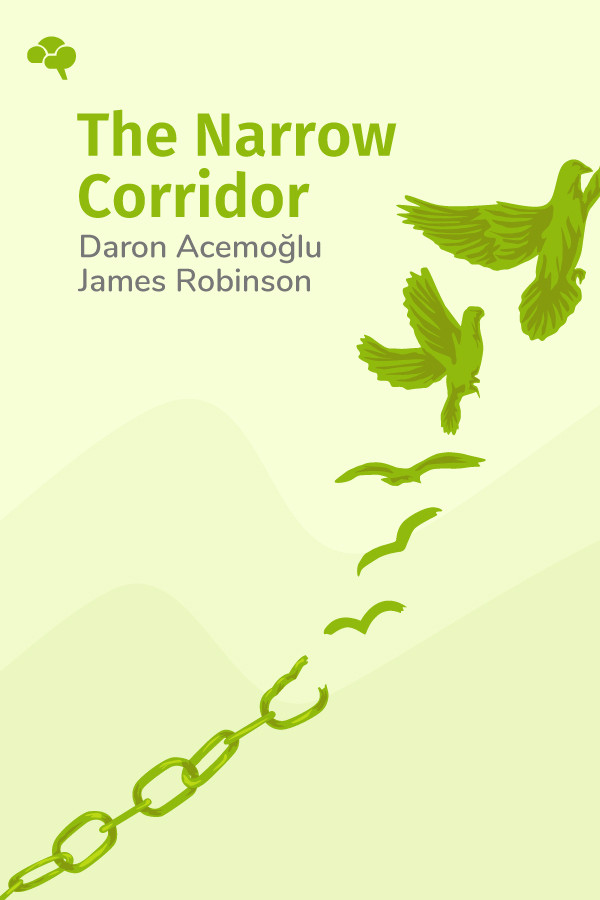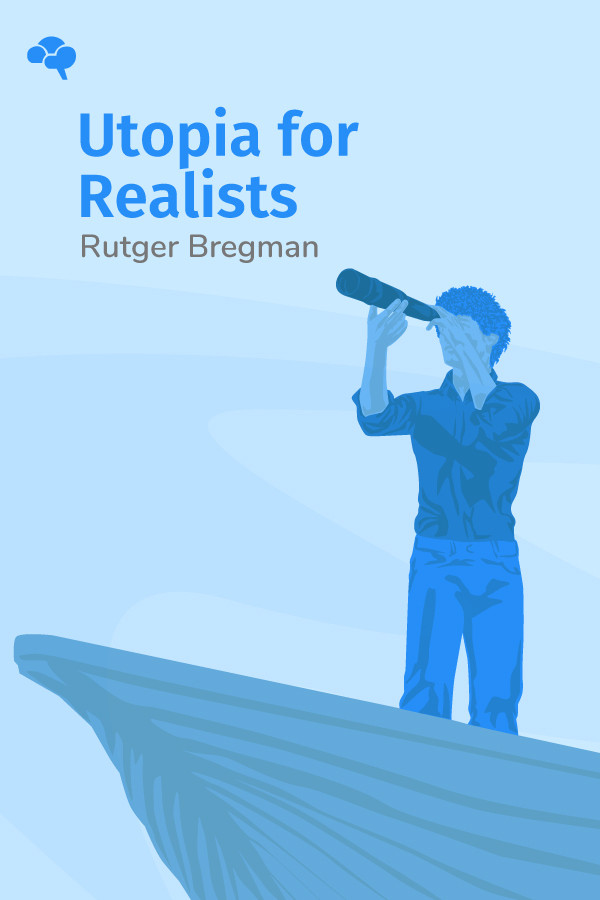Key Insights From:
The Dawn of Everything: A New History of Humanity
By David Wengrow, David Graeber


Key Insights From:
The Dawn of Everything: A New History of Humanity
By David Wengrow, David Graeber
What You'll Learn:
For a decade, an anthropologist (Graeber) and an archeologist (Wengrow) committed to collaborating on a modest “side project:” to rewrite human history. They begin by examining the conventional version of history that most are familiar with: Isolated clans of hunter-gatherers eventually settle down, leading to the growth of civilization and all its attendant blessings and curses. According to this understanding, that’s when population booms, technology, rule of law, war, and disease begin to play major roles in human history.
After scouring and gathering findings from across numerous isolated disciplines for the first time, the pair give us a story that is utterly different from the standard rendition. They ultimately conclude that the way history is told is too linear, more influenced by a myth of progress and evolutionary theory than historical evidence. What the evidence does point to is large, complex, diverse societies that flourished without kings, police, bureaucrats, or a formal state hierarchy.
Key Insights:
- Hobbes and Rousseau were both wrong, but our political imagination is still stuck between the poles they constructed.
- Indigneous groups in North America sound more like Westerners today than Westerners from a few centuries ago.
- Indigenous voices catalyzed the European Enlightenment.
- Archeologists are discovering the ruins of kingdoms without kings, more ancient than cities long considered the oldest urban centers.
- The conventional histories we grew up with overlook too much critical evidence.




